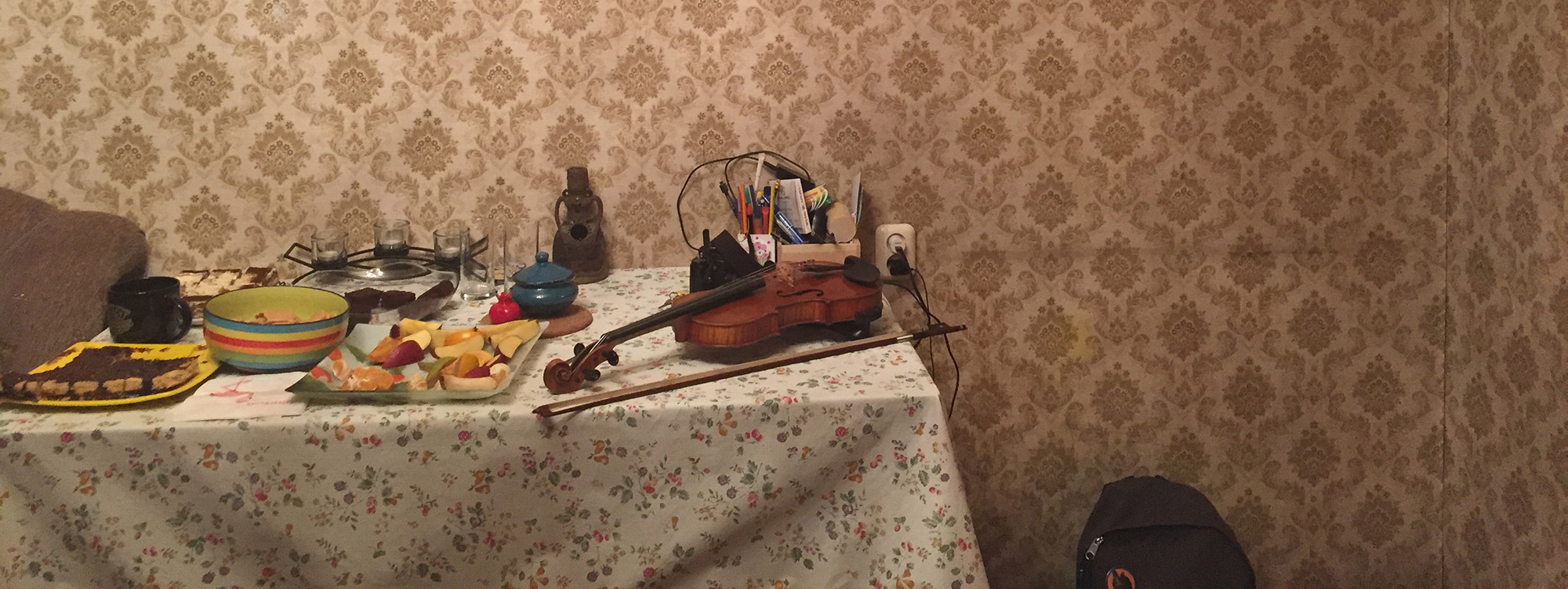Positions
“Art at Risk” in Switzerland: The perspective of the conference’s organiser artasfoundation
As a Swiss foundation, small though it is, artasfoundation wants to be involved in the long overdue change of relationship between the Global North and the Global South [1]: a change from the North’s claim of responsibility FOR to an attitude of responsibility VIS_A_VIS the South, that would lay the basis for a relationship of mutual responsibility. For us, this means putting ourselves, our actions and needs into the picture and describing our perspective when preparing a conference on “Art at Risk”.
When we in Switzerland talk about the projected “Art at Risk” conference, people usually think about situations in faraway countries: like the theatre director Kirill Serebrennikov having to direct his Zurich opera under house arrest in Moscow, the prohibition of solo performance for woman singers in Iran, or recent reports about the songwriter Xu Li, who was tortured and convicted in China because of his texts. In our country, we learn about most of the violations of the human right to artistic expression from news reports. However, for the “Art at Risk” conference we want to start at home: we want to ask what domestic conditions act to limit artistic practice and where, for example, decisions in our own country affect artistic freedom elsewhere. Even if questions like the following ones do not have easy answers, we consider it central to lay open the contradictions we are ethically obliged to consider and to deal with specifically in every case.
What are the risks for (local and foreign) art in western democracies? Are there similarities between corporate censorship and political censorship? At what point does political correctness become a form of censorship? Are there similarities between attacks on artists by right-wing extremists and by political/religious fundamentalists? And always that central question: for what travel restrictions do our parliaments vote?
To what risks are artists from the Global South exposed in their own contexts through the politics of the North? What does it mean when human rights are loudly proclaimed, while at the same time (short-term) economic and political goals are pursued that run counter to them? Given the fact that western, democratically elected governments promote business with autocrats who abolish the freedom of expression and imprison defenders of this right, governments that even permit the delivery of weapons to such regimes: how can we from artasfoundation, as citizens of the North, be concerned about the risks for engaged artists in the Global South without becoming cynical? Cynical not about our politicians or firms, but about ourselves, who benefit from the global inequality? Not having to become cynical: how many of the small steps towards equality that we are trying are motivated by this wish?
What are the difficulties met by other Swiss agencies in trying to give highest priority to human rights (including cultural rights) in the day-to-day business of international cooperation?
Given the necessary change of thinking to be done at home, should people and institutions in wealthy western democracies engage themselves in countries that deny the freedom of expression in the cultural sector? And if yes, what for? Should Switzerland, for example, support open spaces for art in autocratic countries? There is no such thing as neutral support, even when it openly states its values and interests: how can an equal collaboration be established against the background of unequal existential dependencies? How do artists achieve this in cooperative international projects?
Moreover, is foreign support helpful to artists living in difficult political contexts who expose themselves for social causes? Can foreign embassies or organisations protect artists who get involved in human rights issues? How can they collaborate closely with the existing organizations that try to help persecuted artists?
“Art at Risk” is an issue not only in the Global South. We therefore want to ask our guests from this South to share their experience with us and help us to strengthen the basis for a real mutual exchange.
Permit us one further wish. The
“Art at Risk” conference is not just about risks for artists and art,
but also about the potential of artistic processes in difficult contexts. Our
assumption is that the potential of art in the area of international
collaboration and peacebuilding is still not sufficiently realised. It is
apparent where political leaders find it necessary to restrict artistic
expression. But this negative confirmation should be balanced out during the
conference by a careful elaboration of the potential and limitations of
artistic processes.
Our policy in face of climate change
1. For catering at the conference we use local products. Where, for certain meals, disposable dinnerware is necessary, it is either bio-degradable or can easily be recycled.
2. Concerning the conference induced travel we set the following regulations for our own mobility and for all mobility tickets we cover:
– All our team and all guests whose mobility we pay for use public transport for its local, conference-related trips;
– all our team and all guests whose mobility we pay for use train or busses for travel in Switzerland and within a time-distance of up to 9 hrs travel time to/from Switzerland;
– For travel to/from Switzerland that would require more than 9 hrs travel time by train or bus, we pay for aeroplane-travel for our team and for all guests whose mobility we cover. For all these flights we compensate the CO2 emission through a contribution to Atmosfair Website.
We invite conference participants who organise and pay their own travel to consider these possibilities as well.
.
[1] We use the terms Global North and the Global South not in a geographical sense, but rather to distinguish between countries, regions, or strata of society (in all countries!), that generally do not have the economic strength, the political and military power and the cultural/media influence to assert their interests and needs.
